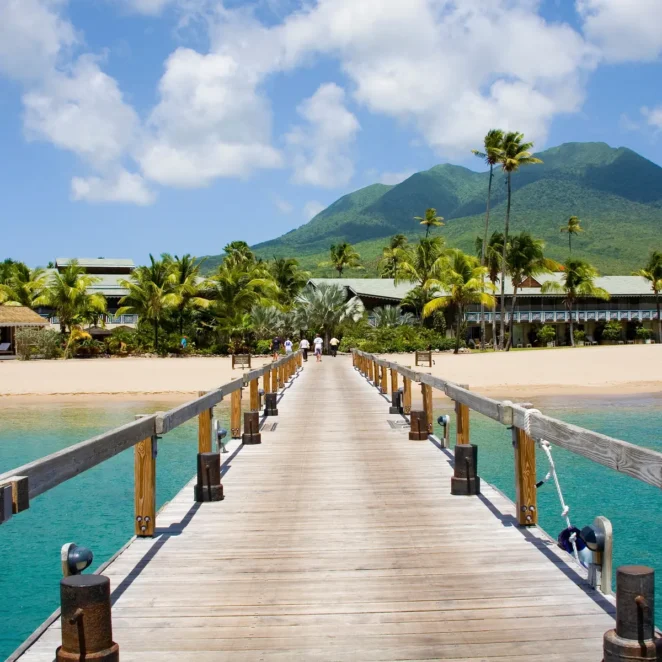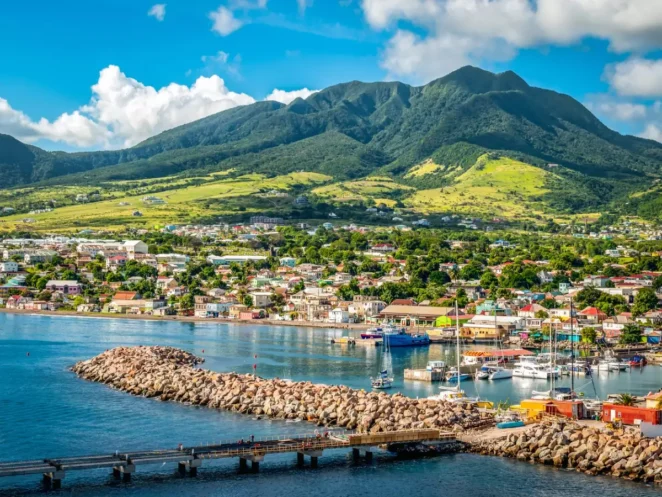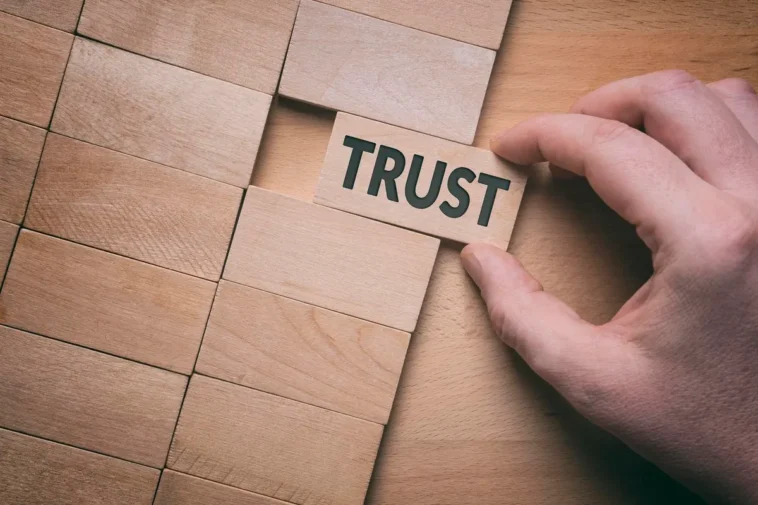A trust is one of the best instruments available on the market to protect your assets, such as securities, bank accounts, real estate, and so on. If you choose a suitable jurisdiction to set up your trust and protect your assets from the lawsuits brought against you by creditors, you obtain the best possible asset protection. If you comply with the laws of the country where your trust is established, you are sure to keep your assets intact. However, be sure to seek professional advice while choosing a jurisdiction as they provide different protection levels: from mid-level to insurmountable ones.
Questions to answer before you choose a jurisdiction
A trust in the US is not the same as a trust in the Cook Islands, for example, as they are subject to absolutely different legal frameworks. How to choose the right country for your trust? You can read a detailed article on the best countries to open a trust on our portal (and book a free session to get professional advice).
Here are the questions to think about before you go any further:
- What are your goals for setting up a trust? Does the legislation of the jurisdiction you intend to choose suit your goals?
- What are the items you are going to transfer to the trust (monetary assets, real property, legal entities, objects of art, inheritable assets)? Be especially careful in the case of real estate: on the one hand, it will be managed by the trust; on the other hand, it still has to comply with the laws of the country where it is located.
- What is the total value of the assets you intend to transfer to the trust?
- Do you expect any lawsuits to be filed against you by third parties, such as creditors or ex-spouses? In this case, you will have to discuss it with the consultant as some jurisdictions will protect your property better than others.
- The banks where you get services may also influence the choice of the jurisdiction to set up a trust.
How the trust functions

The trust functions on the basis of a Trust Deed which defines the rules according to which the property is managed. The trust is set up by a person called a settlor (or founder), and he is the one that makes up the Trust Deed. He appoints a person to manage the property (trustee) to act in compliance with the Trust Deed, and beneficiaries that will get their share of the profit from the trust.
Once the assets are put into the trust, the settlor ceases to be their legal owner. From that moment on, they are owned by the trust. It means that if the creditors institute proceedings against the settlor, they will not be able to seize the property from the trust as the settlor is officially unrelated to it. And this is the essence of asset protection provided by the trust.
Trusts: the downside
Of course, trusts have their weak points that we are not going to hide from you. You can read our detailed article on trust registration disadvantages to see how you can deal with them.
Be especially careful if you register your trust in a country that adheres to common law principles, such as the United Kingdom or the United States. Such trusts will give you some protection, but it is not as strong as an offshore asset protection trust can give you.
In UK and US trusts, a settlor can transfer the assets to the trust. However, he cannot be the trust beneficiary (and the same is related to his family members), or he will be legally considered a controlling asset owner (and in this case, the trust gives no protection whatsoever).
Another downside is that the trusts in these countries adhere to local legislation and court decisions. It means that if the court makes a relevant decision, the trustee is obliged to transfer the funds kept in the trust to the person named in the court order. If you take a Nevis trust, for instance, the situation is absolutely different there: it does not accept the court decisions except for those made by a local court. And local courts are usually unwilling to rule against trust owners, which means that your assets are safe in 99% of cases even if there is a legal court decision to seize them.
As you see, an offshore trust is a much better and safer option.
Trusts: the upside

Let’s take Nevis, a jurisdiction that suits very well for trust establishment, and look at its benefits.
First of all, there is no limitation on trust settlors: they can be appointed trust beneficiaries, as well as their relatives and family members. What is more, you can list beneficiaries in the Trust Deed as a group, not by names, like “all lawful heirs”, which adds to the level of confidentiality.
Second, Nevis trusts do not recognize the decisions made by foreign courts. The local courts where proceedings may be instituted support the trust owners rather than creditors.
If the creditor won a lawsuit somewhere else, he will have to start the procedure all over again in a local court by paying a $100,000 deposit, hiring local attorneys, and dealing with the Nevis laws that protect trust owners.
These two advantages make Nevis trusts the best choice you can make for protecting your assets.
Set up a trust with professional help

A trust is a structure that comes with a lot of benefits if you set it up correctly and choose the right jurisdiction. However, if you choose to establish a trust in the offshore destination (which is a wise decision), you will definitely need professional assistance.
Laws related to trusts differ a lot from country to country. There are revocable trusts, irrevocable trusts, and other kinds of trusts that you will need to choose from. Each kind of trust is suitable for a particular purpose, so it would be far-sighted to hire a specialist who will help you choose a trust according to your priorities. Follow the above links to book a session with an expert who will answer all of your questions and help you make an informed choice.




